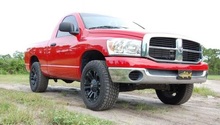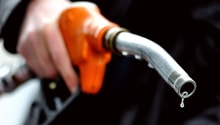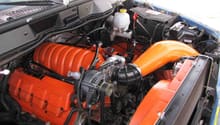Dodge Ram 1994-2001: 5.9 V8 Fuel Mileage
Fuel economy matters. Unfortunately, not all pickup trucks offer the same level of fuel economy. Let's see how the Dodge Ram 1500 compares to other large pickup trucks.
This article applies to the Dodge Ram (1994-2001).
The difference between poor fuel economy and good fuel economy is often just a few miles to the gallon; however, over time, this decrease in fuel economy could lead to higher bills at the pump as well as reveal larger engine and system failures that you might not know are happening beneath the hood of your truck. The latter is true more so when your fuel economy dips than if you purchase a truck with a low fuel economy to start with. Let's go over what you can expect from the Dodge Ram 1500's 5.9 V8 fuel engine and the best ways to ensure your fuel economy remains consistent throughout the years.
Component Breakdown
Fuel Economy
The 5.9 V8 engine achieves approximately 14 miles on the highway and 10 to 12 miles in the city.

Comparison to Other Large Pickup Trucks
In comparison to other large pickup trucks, the Dodge Ram 1500 is considered about average. The 1994 Ford Lightening F50, which has a 5.8-liter engine, gets about 15 miles on the highway and 11 in the city, while the 1994 Chevrolet C1500 pickup truck, which has a 5.7-liter engine, gets 17 miles on the highway and 12 in the city.
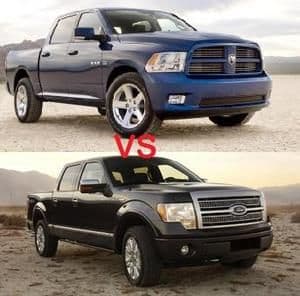
Main Causes of Increased Fuel Consumption
A variety of issues could cause your Dodge Ram 1500 to take a dip in fuel economy. The most common culprits include:
- Not following your regular maintenance schedule as directed and making needed repairs
- Low tire thread and tire pressure
- Malfunctioning sensors (i.e., oxygen and coolant sensors) and a faulty thermostat
- An old engine (100,000+ miles)
- A faulty transmission
- A heavy cargo load
- Frequent driving in stop-and-go traffic
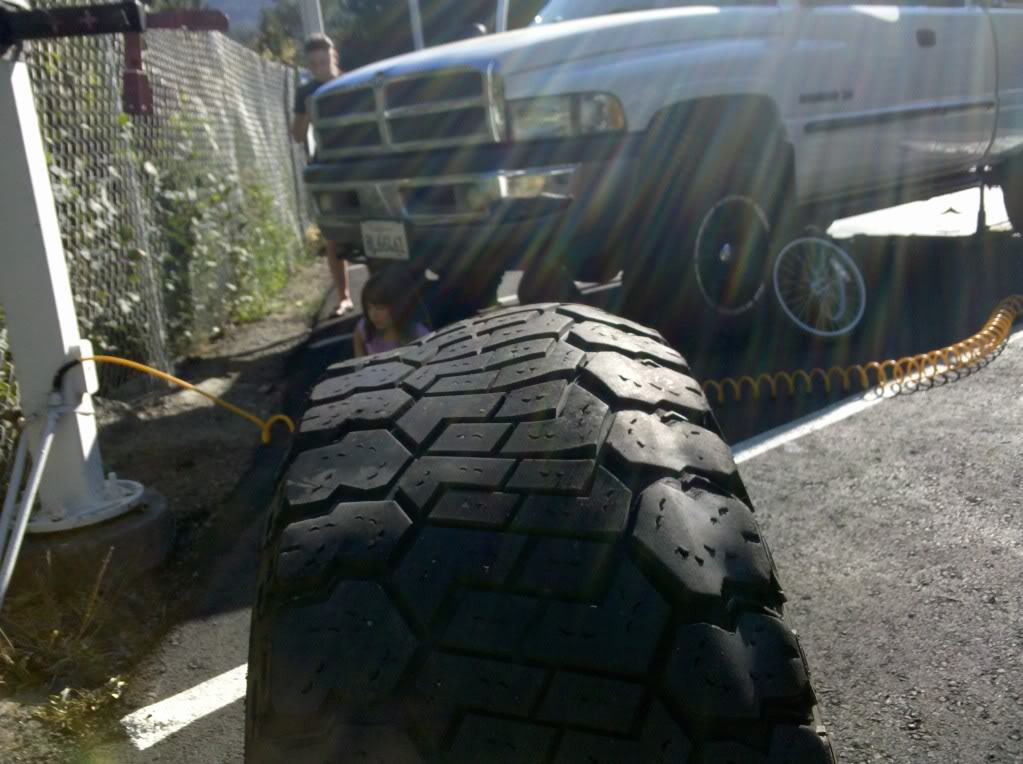
Scheduled Maintenance
One of the best ways to maintain optimum fuel economy for your Dodge Ram 1500 is to keep your engine oil and filter clean. As well, have a certified mechanic check your fuel injectors and spark plugs as soon as you notice a dip in fuel economy or engine problems start to occur.
(Related Article: Dodge Ram General Information and Recommended Maintenance Schedule - Dodgeforum.com)
Common Questions
What happens if I fill my tank with bad fuel?
You are likely to experience a variety of mechanical failures, including reduced engine power. Have your fuel tank drained. Refill your tank with high quality fuel.
How will I know if I am dealing with a faulty fuel pump?
Listen for a high-pitched sound when starting your ignition and engaging your engine for the first time.
Are older trucks gas guzzlers?
Not necessarily. Fuel economy depends greatly on how well you maintain your vehicle. Therefore, follow your maintenance schedule and take a preemptive approach to any symptoms of distress in your Dodge Ram 1500.
Common Issues
Engine Misfire
One likely culprit for an engine misfire is bad spark plugs. Bad spark plugs could also lead to poor fuel economy. It's recommended that you have a tune-up immediately. In addition to general maintenance checks and services, as well as the installation of needed replacement components for your Dodge Ram 1500, a tune up should also involve replacing (or cleaning) your spark plugs and adding new engine oil and filter, as needed.
Timing Belt Replacement
A worn timing belt could cause major engine problems, which if left unfixed, could lead to a serious dip in fuel economy. Replace your timing belt as needed to prevent engine problems; it's recommended that you take a preemptive strike when dealing with an older truck like the 1994 Dodge Ram 1500. However, keep in mind, it might be most economical to invest in a newer 3rd or 4th generation Dodge Ream 1500 than to start throwing money down the rabbit hole that is used-car repair work.
Air Filter Replacement
A dirty air filter can cause problems for your engine, leading to poor fuel economy. Have an air filter that is dirty replaced at each regularly scheduled tune-up or whenever signs of trouble start to occur.
Related Discussion and Site
- Dodge Ram MPG - Dodgeforum.com
- Standard Pickup Trucks - FuelEconomy.gov

